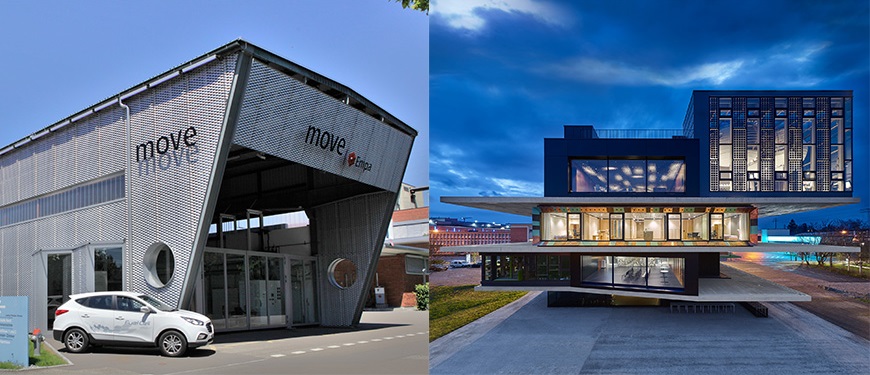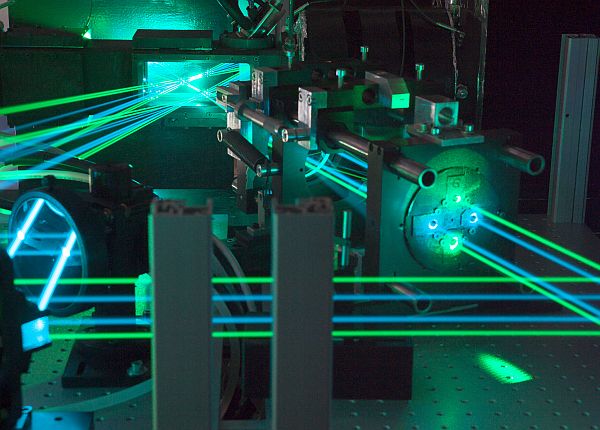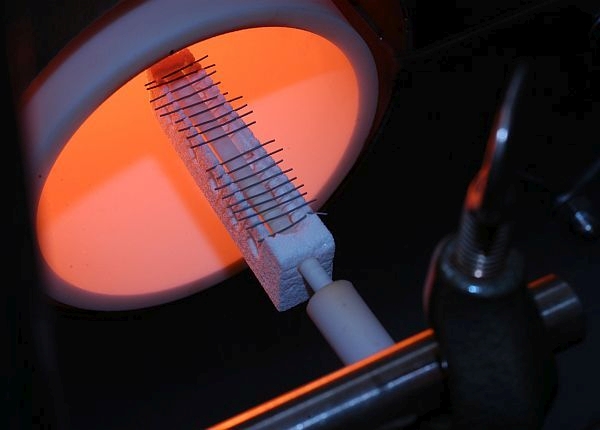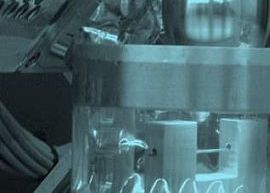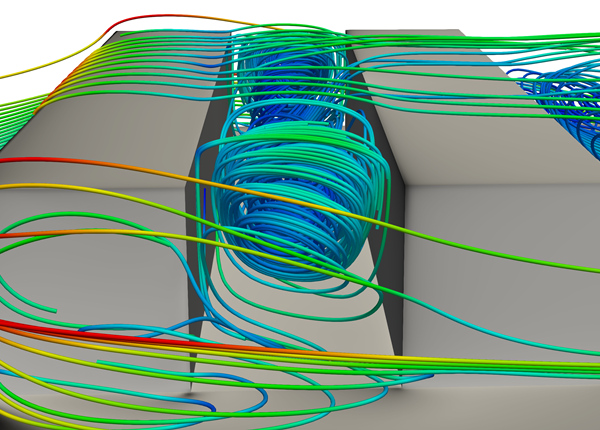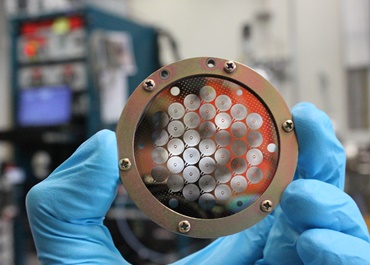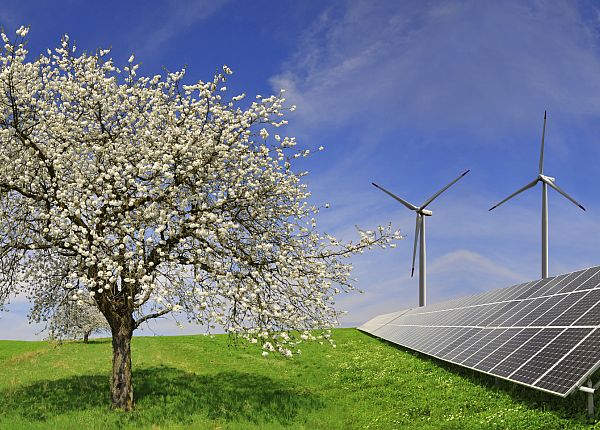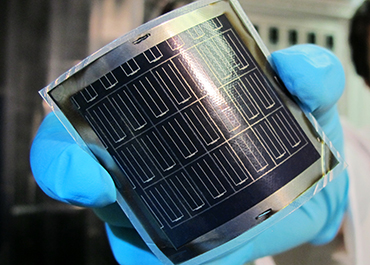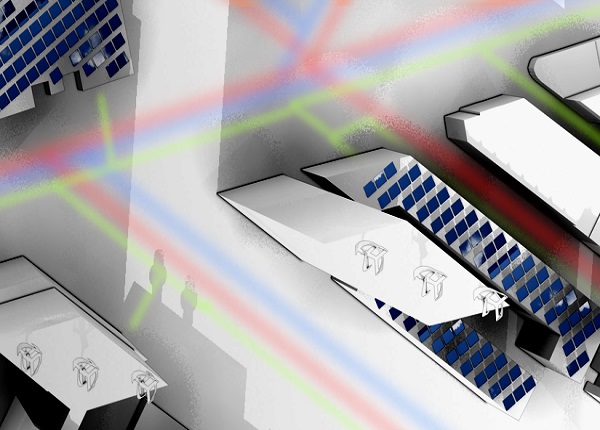System Integration
Within the focal topic System Integration, we develop solutions for the integration of decentrally generated renewable energy into the local and national energy system. Criteria for optimal systemic solutions are the minimization of the CO2 content of the final energy, the balancing of supply and demand on an adequate system level, as well as cost and resilience of the solution.
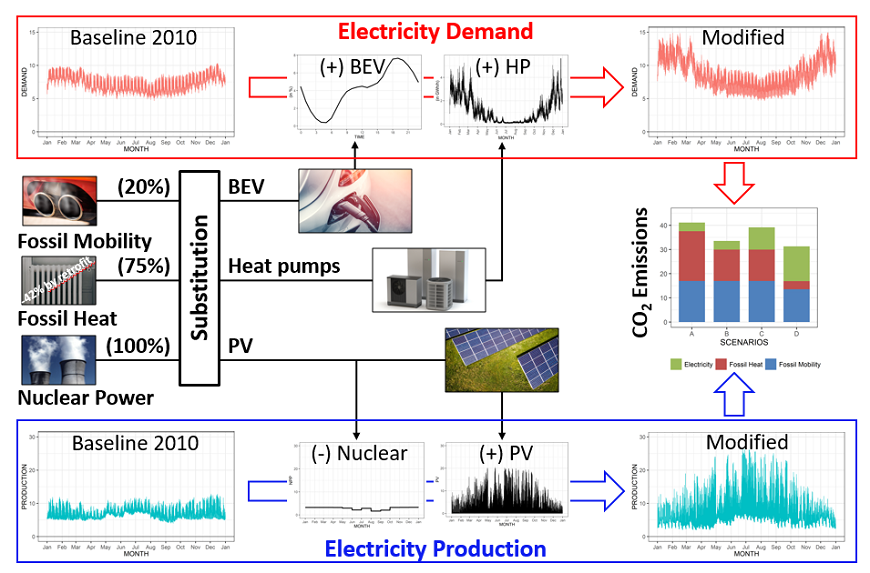
Empa is thereby researching energy-efficient and decarbonized system architectures in buildings, districts and cities, as well as the effects of the energy turnaround at national level. The ongoing digitalization offers new opportunities in terms of data availability and control technology. Empa is developing methods to make the necessary data available and devises modeling techniques, which make use of this data.
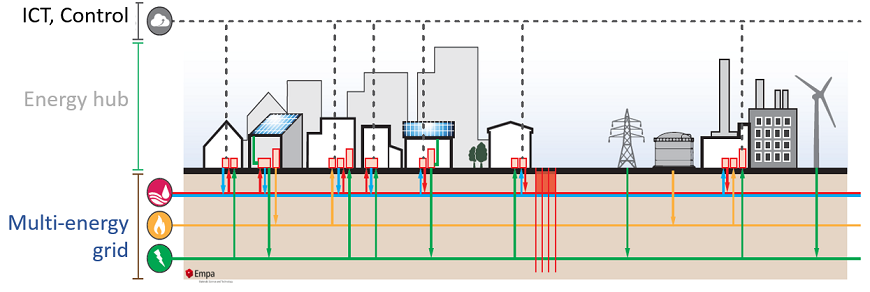
Sector coupling plays an important role in the optimization of energy systems. Gas, heating/cooling and electricity networks are operated together and a dynamic linking of energy sources and storage facilities is made possible for both the building and mobility sectors. Such integrated solutions can be demonstrated at the research and technology transfer platforms NEST, ehub , move, and dhub and tested in a real-world environment without risk. This allows for the realization of scientifically accompanied implementation projects together with partners from industry and the public sector.
